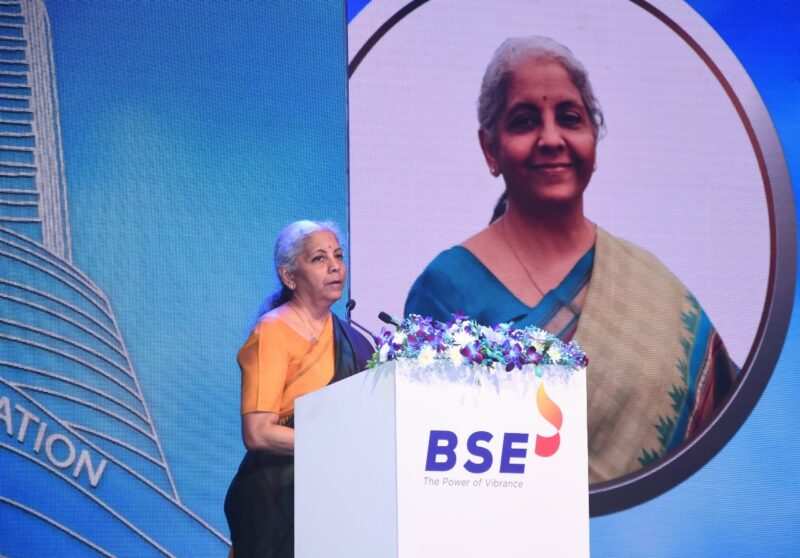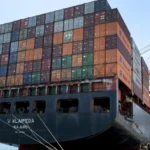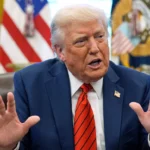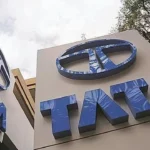Indian Finance Minister Nirmala Sitharaman on Thursday expressed confidence that India would tackle the challenge posed by the global trade war with the right mix of policy agility and long-term investments to strengthen the domestic economy.
Addressing the celebrations to mark 150 years of the Bombay Stock Exchange (BSE), the Finance Minister said: “The intensification of tariff wars and the rise of protectionist policies have the potential to disrupt global supply chains, increase production costs and create uncertainty in investment decisions across borders as well.”
However, amidst this volatile, uncertain, complex, and ambiguous world, the strength of India’s economic fundamentals and macroeconomic prudence stands out, she added.
“We offer investors a combination of policy stability and growth, governance and innovation,” she remarked.
“We will navigate the global disruptions with policy agility and long-term investments,” she remarked.
Sitharaman also stated that India’s financial markets have demonstrated remarkable resilience despite recent global uncertainties, reflecting the confidence that retail investors have in the markets.
She pointed out that the transition of domestic institutional investors from playing a supportive to a dominant role in Indian markets underlines the growing maturity and depth of the country’s capital market.
Indian markets have been more resilient than most others following the shockwaves that rocked capital markets worldwide after the US announced tariff hikes.
Indian stock markets have become stable after a 90-day pause in the tariff hike for the country was announced by President Donald Trump, amid bilateral trade talks between India and the US.
The two countries are working to sign the first tranche of a Bilateral Trade Agreement (BTA) to reduce tariffs before the agreed-upon timeline of fall 2025, as the terms of reference for the pact have already been finalised.
“India has decided to go for a path of trade liberalisation with the US,” Commerce Secretary Sunil Barthwal told journalists this week.
He said both India and the US would benefit if the trade deal were wrapped up before the fall of 2025.
“When we said we want to do a first tranche of BTA with the US by fall, that doesn’t mean we can’t do it before fall. If we end up doing the BTA before fall, then it will be good for both India and the US,” he added.
If both countries reach an agreement on reducing tariffs, it would lead to increased trade for the US and India.
Prime Minister Narendra Modi and US President Donald Trump have set an ambitious target of $500 billion in bilateral trade by 2030, as outlined in a joint statement during the Indian Prime Minister’s visit to Washington.
–IANS






